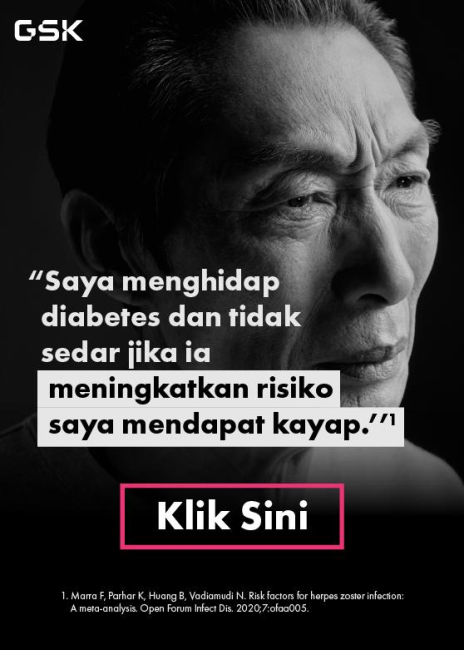Arrhythmia, also known as irregular heartbeat, is a condition in which your heart beats either too fast, too slow, or in an inconsistent rhythm. While most heart arrhythmias are benign, some cases can be very dangerous.

Cause of arrhythmias
There are many causes of arrhythmias, including:
- A heart attack
- Damaged heart muscle due to earlier heart attacks
- Changed heart muscle due to certain heart diseases (cardiomyopathy, for example)
- Blockage arteries in your heart
- Overactive or underactive thyroid
- Tobacco use
- Alcohol abuse
- Substance abuse
- Stress
- Diabetes
- Sleeping disorders
- Medications
- Genetic factors
Types of arrhythmias
Basically, arrhythmias are sorted into 2 categories based on their originated locations and the heartbeat patterns they create.
- Tachycardia: A racing pattern of more than 100 beats a minute is considered tachycardia.
- Bradycardia: A slow pattern of less than 60 beats a minute is considered tachycardia.
Symptoms of arrhythmia
Most of the time, arrhythmias do not show any symptoms. In order to determine if you have it, you should visit your doctor for a physical exam. However, in some cases, people with arrhythmias may experience:
- Feelings of skipped heartbeats or pounding heart
- Lightheadedness
- Unconsciousness
- Breathlessness
- Pain in the chest
- Tiredness or weakness
What are the treatments
If you notice a few symptoms above, you should seek medical attention. Treatment plans may vary depending on the types of arrhythmias.
For low heartbeats, a pacemaker is usually recommended. It is a small device with a pulse generator implanted near your collarbone. Whenever your heart starts to slow down or stop, this pacemaker will send impulses to your heart muscle, triggering it to beat.
For fast heartbeats, available options are:
- Vagal maneuvers can be used to stop arrhythmias. They do not work for all the time though.
- Medications to keep your heart beats under control
In some cases, surgeries (the maze procedure and coronary bypass surgery) might be necessary. However, most patients still need a pacemaker after the procedure.
Medical therapies have shown some benefits in treating arrhythmias. Although there is not enough research for a conclusion about their effectiveness as a kind of treatment for arrhythmias, you can try those alternative therapies to enhance the result from conventional medications. Especially if your condition results from stress, yoga, meditation and other relaxation techniques will greatly help release the pressure on your heart. Acupuncture and fish oil may also help sometimes.
Arrhythmias can be relieved with a healthy lifestyle that keeps the heart strong. You can start by adopting a balanced diet, have an exercising routine and take care of your health.
Hello Health Group does not provide medical advice, diagnose or treatment.
[embed-health-tool-bmi]
















